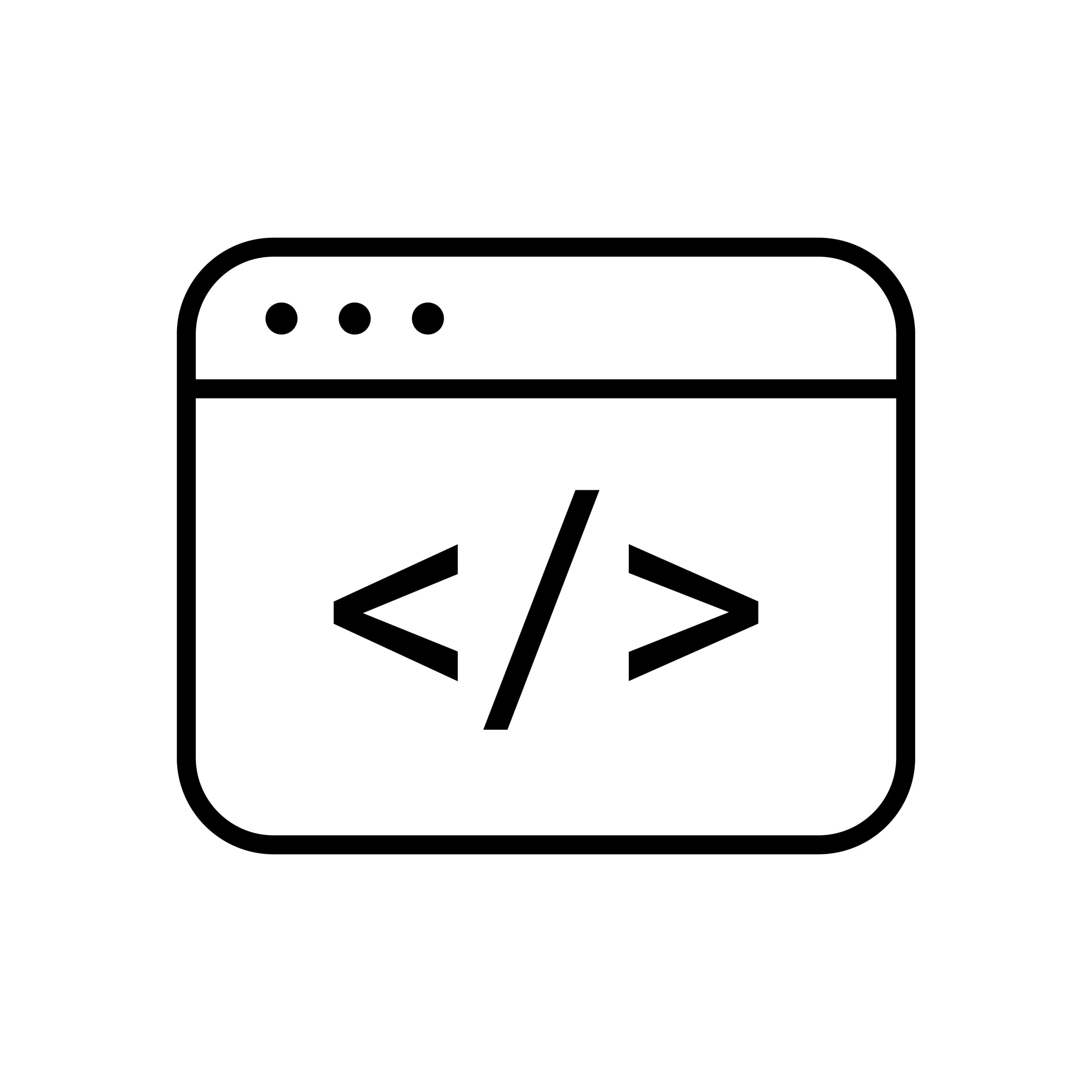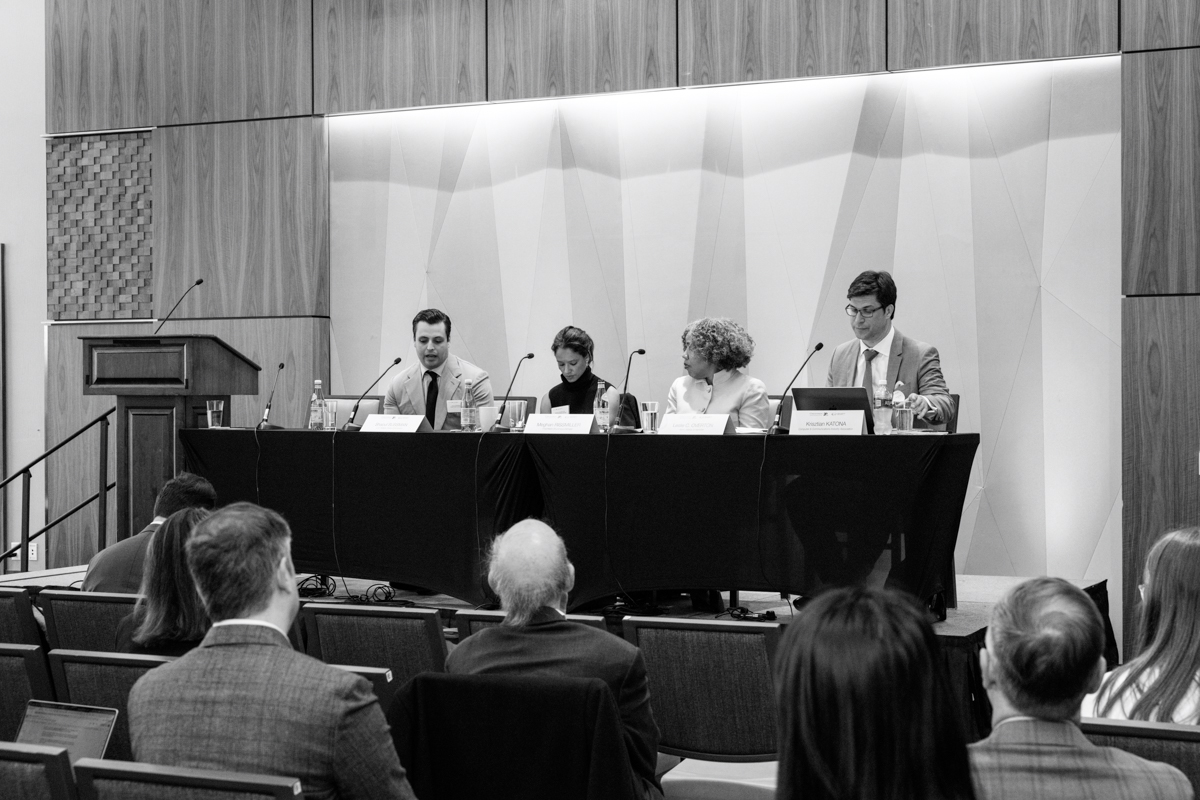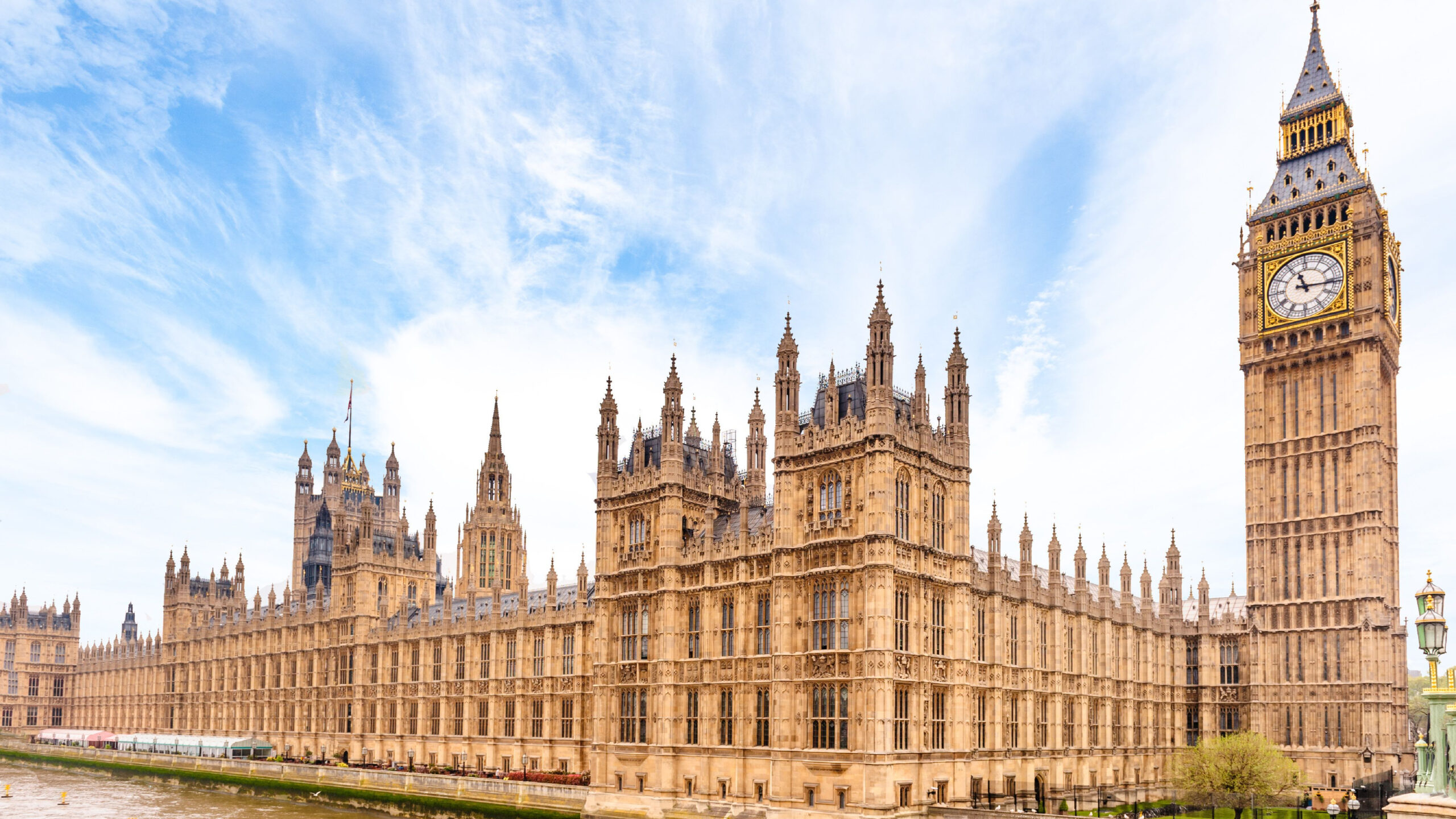Aereo Launches in Boston, with 21 Other Cities Planned, as Litigation Continues
Aereo, the television streaming service that recently won in the Second Circuit, is no longer confined to New York. Today, Aereo launched in Boston, and 21 other cities are planned for 2013, including Atlanta launching as Aereo’s third city on June 17.
In addition to increasing its markets, Aereo has also increased its lawsuits. Previously, Aereo had been sued by broadcasters, who argued that when individuals watch shows in their homes they are unauthorized ‘public performances’ that infringe copyright. The Second Circuit agreed that Aereo’s conduct was legal under the 2008 Cablevision case. Last week, Aereo brought suit against broadcasters, by filing a declaratory judgment against CBS and some of its affiliates. A declaratory judgment is a suit brought with the intent that the court clarify the ambiguity around the potential impact of a law or legal obligation on the plaintiff. Here, Aereo has requested that the court confirm that its technology does not infringe CBS’s copyrights or violate the Copyright Act, and requests costs, attorneys’ fees, and any other relief the court deems just and proper. The complaint cites May 1 comments from CBS President and CEO Leslie Moonves that “we’ll sue,” and April 23 tweets from CBS Corporation Communications Exec Dana McClintock, which are embedded below:
@richbtig We will sue, and stealing our signal will be found to be illegal in Boston, just as it will be everywhere else.
— Dana McClintock (@Dana_McClintock) April 23, 2013
And we will be there to sue them RT: “@timamolloy: Aereo Expands to Boston – First City Outside NYC – Next Month thewrap.com/tv/column-post…”
— Dana McClintock (@Dana_McClintock) April 23, 2013
These remarks from CBS demonstrate what Aereo investor Barry Diller recently explained; broadcasting is a challenging business for competitors: “No incumbent wants anyone in. That is an unbreakable rule.” But Aereo’s decisions to continue to enter new markets, and to bring this declaratory judgment, show that they are up to the challenge.








